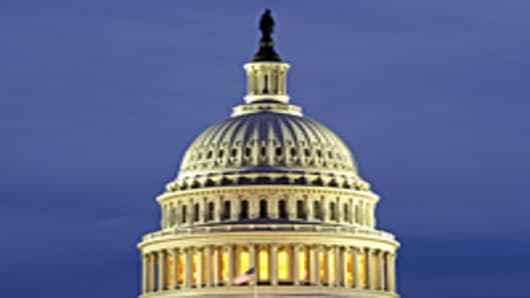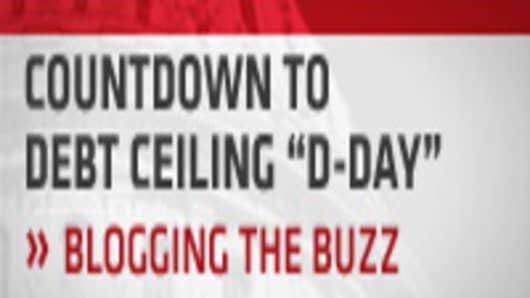Dr. Robert Shapiro, the former Under Secretary of Commerce for economic policy, describes the automatic cuts as “a mindless way to run a government.”
“I do not believe that they would allow across the board cuts, which would effect the spending projects favored by both parties. This is why they are going to be driven to revenues, particularly since a lot of the ‘across the board’ cuts would come out of defense,” Shapiro said.
In addition to the uncertainty created about where the cuts will be, we have uncertainty about future taxes.
From the perspective of businesses trying to map out the future, this creates a chaotic situation ...
- If you are in construction, how do you hire not knowing if infrastructure spending is going to get cut?
- Defense contractors must be nervous that some programs will be slashed.
- Healthcare providers won’t know whether they can afford to bring aboard some additional nurses.
- The technology sector has to wonder if government is going to slow down purchases.
This kind of uncertainty spreads. If businesses in technology, construction, defense, and healthcare—sectors pretty directly tied to government spending—shrink or stagnate, there are knock-on effects for businesses that sell goods and services to these people.
Just the knowledge that the direct government sector might have to hold back on hiring until we learn where the cuts will come could make the indirect sectors hold back as well.
On top of this, no one really knows whether the ratings agencies will be satisfied with the plan. Could Standard & Poor’s or Moody’s still take away the triple-A rating of the United States? What would this do to our economic prospects, interest rates, or the cost of businesses who need to borrow to expand or meet payrolls?
The debt ceiling deal seems to be taking out one source of uncertainty—whether we’ll raise the debt ceiling—and replacing it with a whole bunch of others. Which could mean we don’t get that boost so many had expected.
____________________________________________
Questions? Comments? Email us atNetNet@cnbc.com
Follow John on Twitter @ twitter.com/Carney
Follow NetNet on Twitter @ twitter.com/CNBCnetnet
Facebook us @ www.facebook.com/NetNetCNBC




